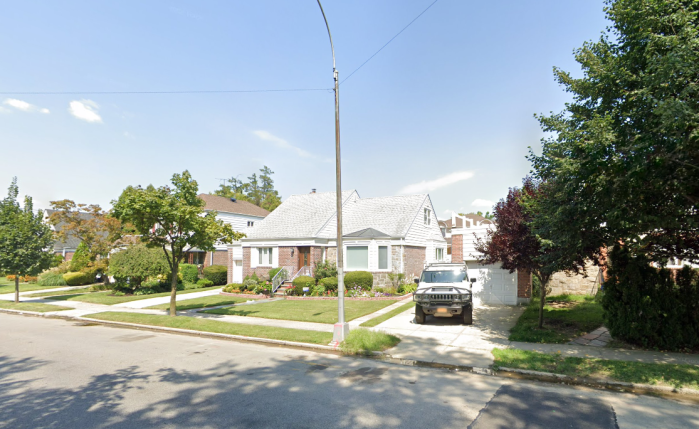The London-based Privy Council has dismissed an appeal from a group of 10 convicted murderers in Trinidad and Tobago, who were challenging a decision to commute their mandatory death sentences to terms of life imprisonment and 75 years in jail.
The UK appellate court in a 30-page judgement on Monday, July 31, 2017 upheld the decision of the Trinidad and Tobago Court of Appeal in the case, which was made in 2014.
The men were all convicted of murder on varying dates between 1988 to 1993.
The appeal of six of the 10 of the convicted killers — in which they challenged the constitutional validity of their substituted sentences imposed on them was used as a test case heard by the Judicial Committee of the Privy Council.
The inmates’ death sentences were commuted in adherence to the 1994 Jamaican death penalty case of Pratt and Morgan, where the Privy Council ruled that executing convicted killers five years or more after their conviction was cruel and unusual punishment.
The six receive sentences of natural life or 75 years imprisonment challenged these decisions in a constitutional claim which was dismissed by Justice Peter Jamadhar.
Former President Noor Hassanali had used his constitutional power of pardon to commute their mandatory death sentences in 1993 and l998 to life imprisonment, following the ruling in the Pratt and Morgan case.
The convicted killers had also argued that the substituted sentence imposed incarceration without the prospect of ever being released.
The Law Lords pointed out that the sentences imposed meet these requirements, as in Trinidad and Tobago the Prison Rules ordain regular reviews in respect of both life sentences and determinate 75 year terms. They also noted that a prisoner was entitled to petition the President for clemency.
The prisoners Evans Xavier, Allan Henry, Norbert Williams, Victor Baptiste, Deshan Rampharry and Dexter Lendore will now have their cases reviewed individually by the Advisory Committee on the Power of Pardon.

























